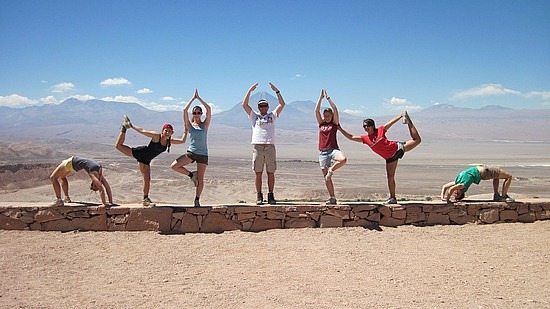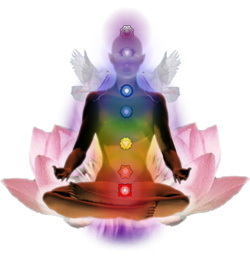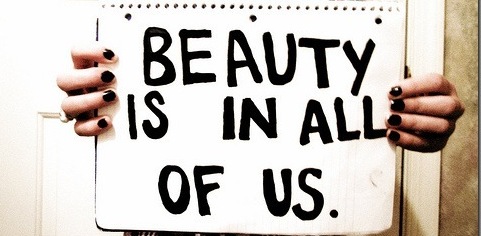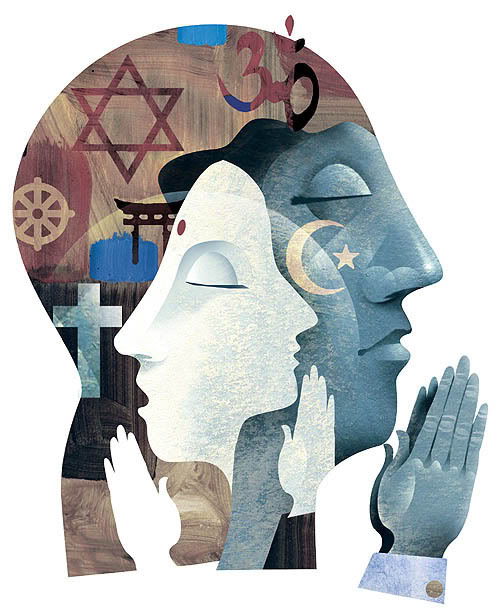The church says the body is a sin.
Science says the body is a machine.
Advertising says the body is a business.
My yoga practice says the body is ____________.
Following up on our ‘What Does a Yoga Body Look Like?‘ post from last week, I stumbled across this image over the weekend and felt it too provocative to share. Unfortunately, I can’t seem to find the artist/photographer cited anywhere, but the quote is from Uruguayan writer Eduardo Galeano.
Discussion around the body in yoga is certainly not unique to our time; sages have been debating the role of the body in spiritual practice since time immemorial. Just last week at a Yoga Sutras discussion group I help facilitate, we discussed Patanjali’s concept of saucha in the Yoga Sutras:
2.40 Through cleanliness and purity of body and mind (saucha), one develops anattitude of distancing, or disinterest towards one’s own body, and disinclined towardscontacting the bodies of others.
To be completely honest, I was a little surprised when I finally saw saucha mentioned in its original context. So often I’ve heard the yogic concept of purity/cleanliness referred to as a practice we cultivate in order to make progress in our asana practice or develop a more loving/respectful relationship with our body. I was comforted to hear from others in the group that I wasn’t the only one who was taken aback by this verse.
Patanjali almost seems to be implying here that yoga encourages us to distance ourselves from our bodies, to begin to sever the mental attachments we have to our flesh. Woah. So if yoga is all about union, bringing together body and mind, making one of opposites… what the heck is this?
Now mind you, Patanjali was writing from the perspective of the classical yoga tradition, and many believe the Tantric yogis had a significantly attitude toward the flesh. I wonder sometimes if when we lift up these texts– or any spiritual scripture for that matter– as “sacred” or handed down from the Divine… I wonder if we realize the consequences that come from mindlessly applying them to radically different contexts. We live in a different world than the ones Patanjali, Jesus, Mohammed, and others were originally speaking to. That’s not to say that the ancient wisdom texts have no relevance for our modern world– quite the contrary in fact– but I do think it means we have to be especially vigilant about the way we interpret the teachings’ application to our current context.
What happens when a young woman who has come to her mat to begin the process of healing from sexual violence hears her teacher encouraging the class to cultivate purity in their yoga practice?…
…continued at YogaModern.com













